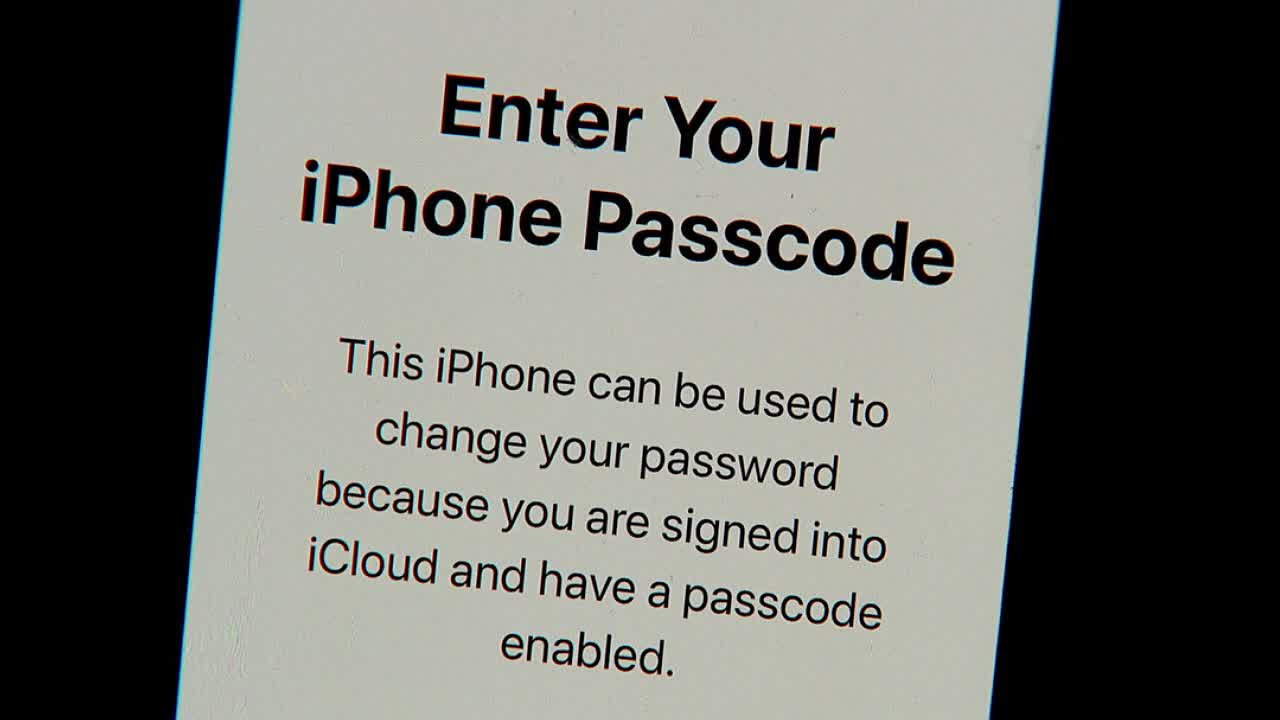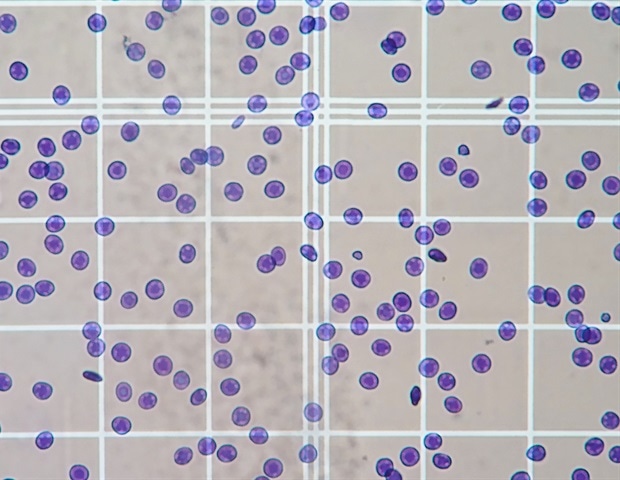Inside a cell-phone theft ring
Minneapolis police recently showed the FOX 9 Investigators how a highly organized cell phone theft ring targeted drunk, college-aged kids in Minneapolis’ popular bar scene.
MINNEAPOLIS (FOX 9) – Minneapolis police recently showed the FOX 9 Investigators how a highly organized cell phone theft ring targeted drunk, college-aged kids in Minneapolis’ popular bar scene.
What we know:
The phones would eventually be sold for cash, but only after the perpetrators raided the victim’s online back accounts and financial apps by obtaining passcodes to the devices.
In some cases, the thieves built up a rapport with the victims and convinced them to share their passcodes before the phones disappeared.
“There is always one person who is very charismatic, very friendly, making the initial contact. He is making that victim feel comfortable,” said Sgt. Robert Illetschko.
In other cases, the thieves used violence to try to gain access to the phone.
“I remember reaching for it and that was it,” said Kevin Serna who was assaulted outside Gay 90’s. “Maybe that’s probably why they went towards the violence option because they did not get into my phone.”
In most of the cases, the victims saw thousands of dollars drained from their online bank accounts in just minutes.
“Within a few minutes, I saw two transfers from his savings account to his checking account for $5,000 each,” Kristine Haas told FOX 9 after her son fell victim to the scheme at a Dinkytown bar.
Cell phone thieves blocked victims from own accounts
By the numbers:
Authorities identified 40 victims who suffered combined monetary losses topping $300,000.
Prosecutors believe both numbers are likely much higher.
“There’s probably many, many more victims, many, many more things that never came to light because of the long-term scheme here,” said Chris Freeman, managing attorney with the Hennepin Co. Attorney’s Office.
In November, the final two defendants in the 12-person cell phone theft scheme were sentenced in Hennepin County District Court.
Over a two-year period, all 12 defendants pleaded guilty to various charges and roles in the highly sophisticated ring. Seven of them went to prison, including Aaron Johnson, the kingpin of the operation, who was sentenced to eight years behind bars.
What they’re saying:
“It is kind of like a bank robbery, you got to be quick,” Johnson told the Wall Street Journal in an exclusive prison interview in 2023.
“As soon as the phone is in my hand, I just ask someone to call, or I will watch them put it in before they give it to me. And then I kind of just talk about other things.”
At the time, tech columnist Joanna Stern helped expose a criminal tactic that was unfolding across the country and exploited security vulnerabilities, particularly with Apple iPhone technology.
Apple subsequently upgraded its stolen cell phone theft security software, giving users more protection in the event criminals get ahold of their device and passcode.
“You just heard the same tactics everywhere,” Stern explained to FOX 9 in a recent interview. “Go after somebody who is drunk, who may be out of it, make sure you get that passcode. Look over their shoulder, maybe they will tell it to you. Get that passcode, get that phone, go to town, get that money, then sell that iPhone.”
Dig deeper:
Many of the phones ended up going to Brandon Su. The so-called “iPhone Man” was convicted in 2023 of shipping more than a thousand stolen phones to Hong Kong.
“What was really clever here with all of these cases was that you were getting the phone, which could be resold at the end of the process,” said Stern.
“But what they were getting off of the phone first was they were sucking up as much money as they could from the apps they could get into.”
The thieves locked the victim out of their own accounts before quickly raiding any financial apps they could access, including banks, stocks, Venmo, Bitcoin and other cryptocurrency accounts.
“Unbelievable what can be done once somebody gets that passcode and gets into your phone,” said Minneapolis Police Chief Brian O’Hara. “Think about it, your whole life is there – people’s bank accounts, crypto, the Apple Pay, you know, being able to charge things. It is incredible.”
As low-level cell phone theft and fraud reports began piling up in and around the city’s popular bar districts in 2021 and 2022, Minneapolis police and the Minnesota Bureau of Criminal Apprehension used footage from a sprawling network of surveillance cameras downtown to connect the digital dots.
“Completely blown away by just the fact, the amount of money and the amount of fraud,” said Illetschko, who is credited with first recognizing the criminal pattern and launching the investigation.
“And just realizing… that what you are holding in your hand is your digital life. And in the hands of the wrong person with the passcode, can be incredibly devastating.”


